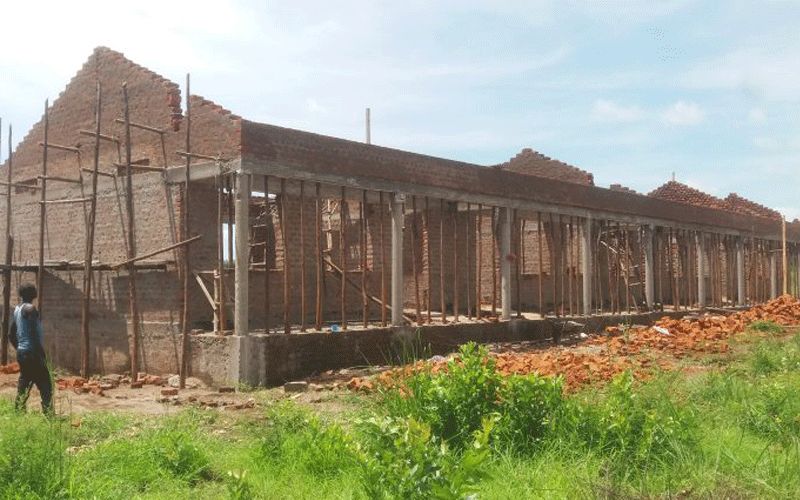Adjumani, 30 May, 2020 / 3:03 am (ACI Africa).
The international refugee organization of the Society of Jesus (Jesuits), the Jesuit Refugee Service, (JRS) is supporting the construction of new community-based secondary schools in Africa’s largest refugee host nation, Uganda.
The project, which aims at helping students enrolled in the schools overcome the challenges they face, is being realized in Adjumani in the Diocese of Arua situated in the Northern part of the East African nation. The challenges include limited infrastructure, the remuneration of teachers, and lack of scholastic materials, textbooks, and laboratory equipment, among other limitations.
“The large number of refugees has put a lot of pressure on the delivery of education services,” JRS leadership has said in a report published Friday, May 29 and added, “The schools are overwhelmed and cannot absorb the high number of children within the available structures.”
“In order to overcome these challenges, JRS is supporting the construction of new community schools in Adjumani,” JRS officials have further reported.
With funding from partners in Spain and Ireland, JRS is currently constructing one two-classroom block, one library and one administrative block at the Pagirinya Secondary School, and one four-classroom block including an office and store at the Nyumanzi Secondary School, both in Adjumani in the Catholic diocese of Arua.








